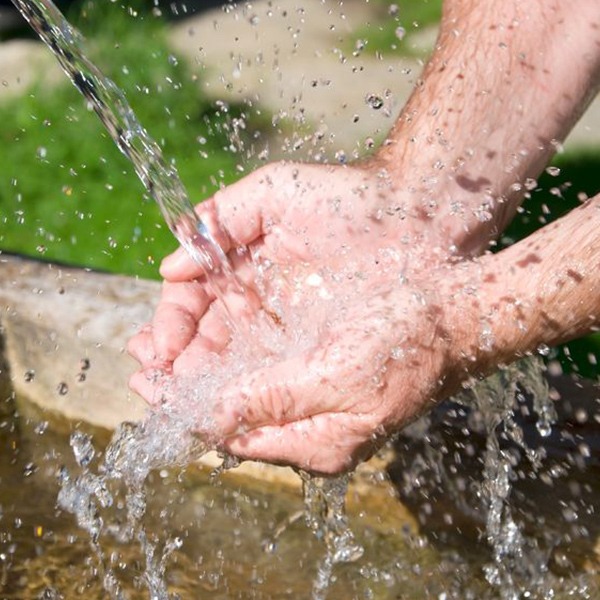Many people think that a water softener – thereby, soft water – is an unnecessary luxury. In areas with naturally soft water, that may be true. In others, the costs of using hard water in your home or business will add up over time.
Hard water is water that has a high dissolved content of calcium and magnesium. As water moves through soil and rock, it dissolves the minerals and carries them into the groundwater supply. It is then pumped through pipes in homes and businesses, making its way into every aspect of your daily life.
The item that tops the repair/replace list, for both businesses and homes, is the water heater. On hard water, scale builds up in the bottom of the water heater, creating an extra barrier that heat has to get through to heat the water. Longer heating cycles and reduced capacity increase the cost of operating the water heater and it will need to be flushed regularly to keep its efficiency and probably replaced sooner than you had planned.
The most obvious place you will see the effects of hard water is on your fixtures and in your sinks, tubs and shower walls. There will be spots and scale build up on sprayers and fixtures. Soap scum (the white mass that forms when you mix soap and hard water) will build up and will need to be scrubbed with cleaners and elbow grease. The scale buildup is what you can see, so just imagine the build up you can’t see in your pipes and water using appliances.The minerals that build up on screens and in pipes and can eventually restrict the flow of water.
The same minerals that are leaving spots and building up in your bathrooms are also affecting your skin and hair. Excess minerals are left behind and can build up in your hair and cause it to be dull and dry. You will use more shampoo and conditioner than you would on soft water and (depending on your habits) spend more time and money at the salon repairing damaged hair. If you happen to own a salon, using less product with softer results might save you money in the long run.
In the same way that shampoo is less effective in hard water, detergents used for washing clothes and dishes work better in soft water. It will take more detergent and other additives to keep those minerals from building up in clothing fibers, making them dingy, scratchy and harder to get stains out of. You may also find that your clothes fade and wear out faster when washing them in hard water. Spots on your dishes can be eliminated using detergent with extra additives or by adding a rinse aid. However, even after you purchase and use additives, you will find that these appliances still only work until the minerals scale over the pipes and lines that run to them.
So, to protect your water heater, faucets, sinks, showers, dishwashers, washing machines, coffee makers, your skin, your hair, and your sanity – check into getting a water softener. You’ll find yourself using up to 70% less detergent in the laundry and with the dishes while scrubbing less and seeing softer, brighter clothes. You’ll use less shampoo and your budget will thank you for it.
The size of softener will be determined by the hardness level in your water, the presence of any iron, and how much soft water you will go through. MAKE SURE a professional sizes your equipment for your water quality and your intended use.





